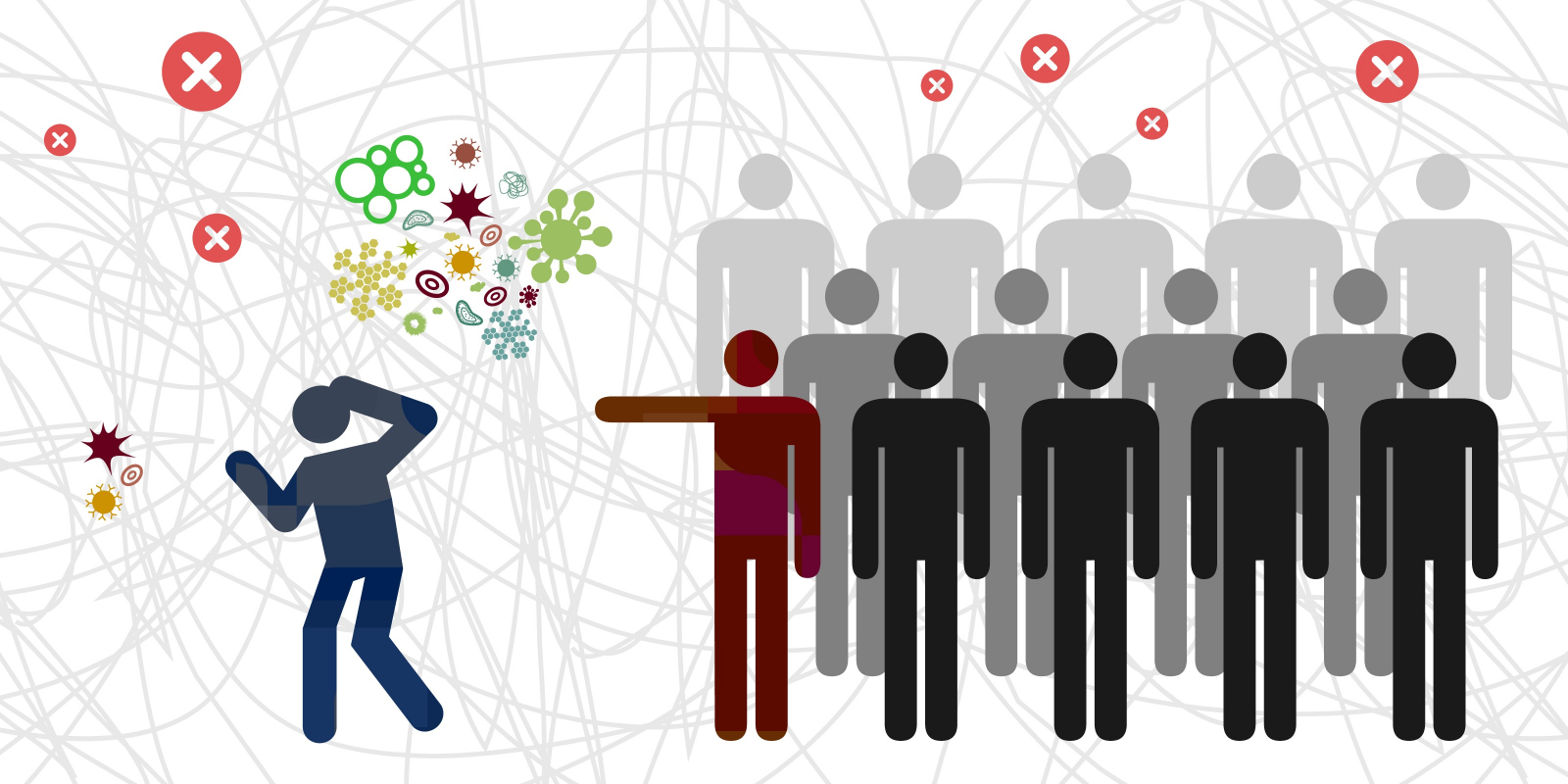
SHARE
ISSUES
Although it infects indiscriminately, COVID-19’s fallout will inevitably impact people differently around the globe. Beyond immediate health risks, the pandemic’s ripple effect will compound and deepen the socio-economic challenges already faced by marginalized communities, especially in places where public officials have traditionally demonstrated an unwillingness or inability to consider their needs.
Persons with disabilities have always struggled to access equitable health services, transportation, and proper water, sanitation, and hygiene facilities, but, in the time of COVID-19, this lack of access becomes life threatening. Little is currently being done to ensure information about the virus is being distributed in accessible formats or to engage people with disabilities in crisis-response decisions. For many LGBTI communities violence is a constant threat and is even more pronounced under a pandemic, where individuals are having to make difficult decisions between violating shelter in place orders or facing violence in their homes. Members of ethnic minority groups have also had to take extra precaution, facing an increase in attacks as they are made the scapegoats for the start and spread of the virus. And young people are the most affected by the socio-economic impacts of the pandemic, experiencing major disruptions in their education and growing fearful about future employment prospects.
Around the world, governments that have historically mistreated vulnerable populations are seizing upon these extraordinary circumstances to ramp up their discriminatory agendas. In Uganda, police arrested 20 LGBTI individuals from a shelter for disobeying physical distancing rules. Activists calling for their immediate release argue their detention was retribution for their sexual orientation. Fanning the flames of weeks of secretarian violence, the Indian government linked more than one thousand COVID cases to a Muslim group’s annual meeting resulting in the escalation of mob attacks, denial of services, and a rapidly spreading disinformation campaign via the hashtag #CoronaJihad. In Europe, populist politicians are attempting to exploit the pandemic to push for stricter immigration laws, while feeding into far right narratives that paint refugees, asylum seekers, and other minorities as health threats. And in some parts of Africa, media outlets are perpetuating existing stereotypes about persons with albinism, placing the blame for the virus on a stigmatized community already at constant risk of physical attacks.
All this shows how inclusion challenges are likely to mount during the pandemic and endure even after the crisis has passed. Support for inclusion is needed more than ever. Responding and recovering requires engaging these communities and working in terms of their needs, experiences and perspectives. Governments, donors, and implementers alike should continue to support and fund local organizations to address discrimination and exclusion. These organizations should also be recognized for the assets they can contribute when seeking practical and sustainable solutions going forward. Young people, who are already running on-line pandemic awareness campaigns, LGBTI organizations with experience addressing the HIV/AIDS crisis, and disabled persons organizations at the forefront of advocating for rights-based approaches to public health, all need to be engaged and encouraged to share their expertise. Although the legacy of COVID-19 remains unknown, its damage will be mitigated if marginalized communities have the space to exercise their voice and join in decisions that leave no one behind.
Author: Whitney Pfeifer is a Senior Program Officer on the Citizen Participation and Inclusion Team at NDI.


